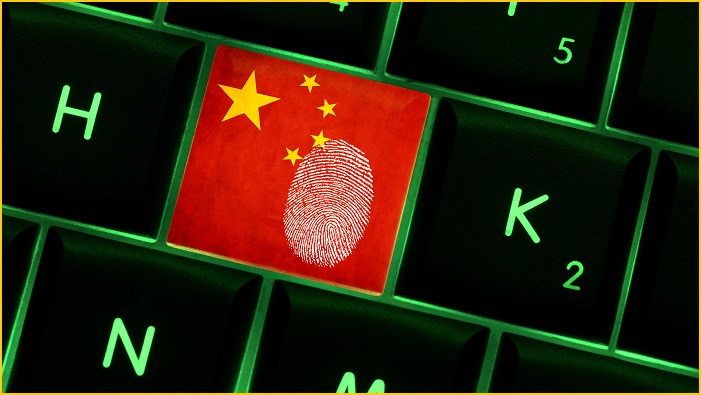Chinese cyber espionage campaigns targeting Australian businesses breaks an agreement between the two countries not to steal trade secrets.
Speaking at a virtual event on Thursday afternoon, former Prime Minister Malcolm Turnbull said the expected norm was for cyber spies to stick to stealing state secrets.
“Every country engages in some level of cyber espionage,” he said.
“The issue with China has been that its targets have been commercial ones as well as traditional governmental ones.
“No one should be surprised if foreign countries are getting hold of the plans for the latest submarine or missile, but people are very disappointed if a state actor is rummaging through commercial firms’ intellectual property.
“Of course, China has done that; their state agencies have done that.”
In 2017, Turnbull reached an agreement with Chinese Premier Li Keqiang that neither country would “conduct or support cyber-enabled theft of intellectual property, trade secrets or confidential business information” to gain a competitive advantage.
But evidence of Chinese state cyber actors breaking that agreement has grown in recent years.
Recently, a grand jury in the US indicted two hackers who allegedly assisted the China in a decade-long campaign of intellectual property theft around the world – including two Australian businesses.
And cybersecurity firm Trustwave has found that tax software required for doing business in China is riddled with spyware.
China’s APT10 hacking group has been routinely condemned for allegedly stealing intellectual property.
Two men allegedly part of the group were indicted by the US in 2018 and late last month the European Union issued its own set of sanctions for the group.
When Prime Minister Scott Morrison announced that Australian businesses, infrastructure, and government organisations were under cyber attack it did not take long for government insiders to point the finger at our largest trading partner.
Who is the cyber minister?
Turnbull says he was more aware of cybersecurity than his predecessor – indeed, his government created the first Cyber Security Strategy and instigated the ban on Huawei from participating in Australia’s 5G rollout – so recent news of a large cyber threat knocking on Australia’s doorstep did not come as a surprise to him.
“None of it was remotely surprising,” Turnbull said.
“I’ve never shied away from proposing that there is cyber espionage going on in Australia. Much of it is from state actors – principally China – but other countries are involved, too.
“We all need to be aware that it is just the nature of the internet, because of its openness, to have those vulnerabilities. So you do have to be very thoughtful and smart about how you operate.”
He called on the government to create a dedicated cybersecurity portfolio.
“You need to have a person in the ministry who is the political voice of this issue,” Turnbull said.
“When I was prime minister I talked about it a lot and felt reasonably confident doing so but obviously Scott Morrison has other things he’s interested in.”
Cybersecurity currently sits in Paul Fletcher’s communications portfolio – alongside the arts.
Fletcher was absent during the prime minister’s announcement of Australia being under cyber attack, nor did he appear at the launch of the much-anticipated 2020 Cyber Security Strategy.










